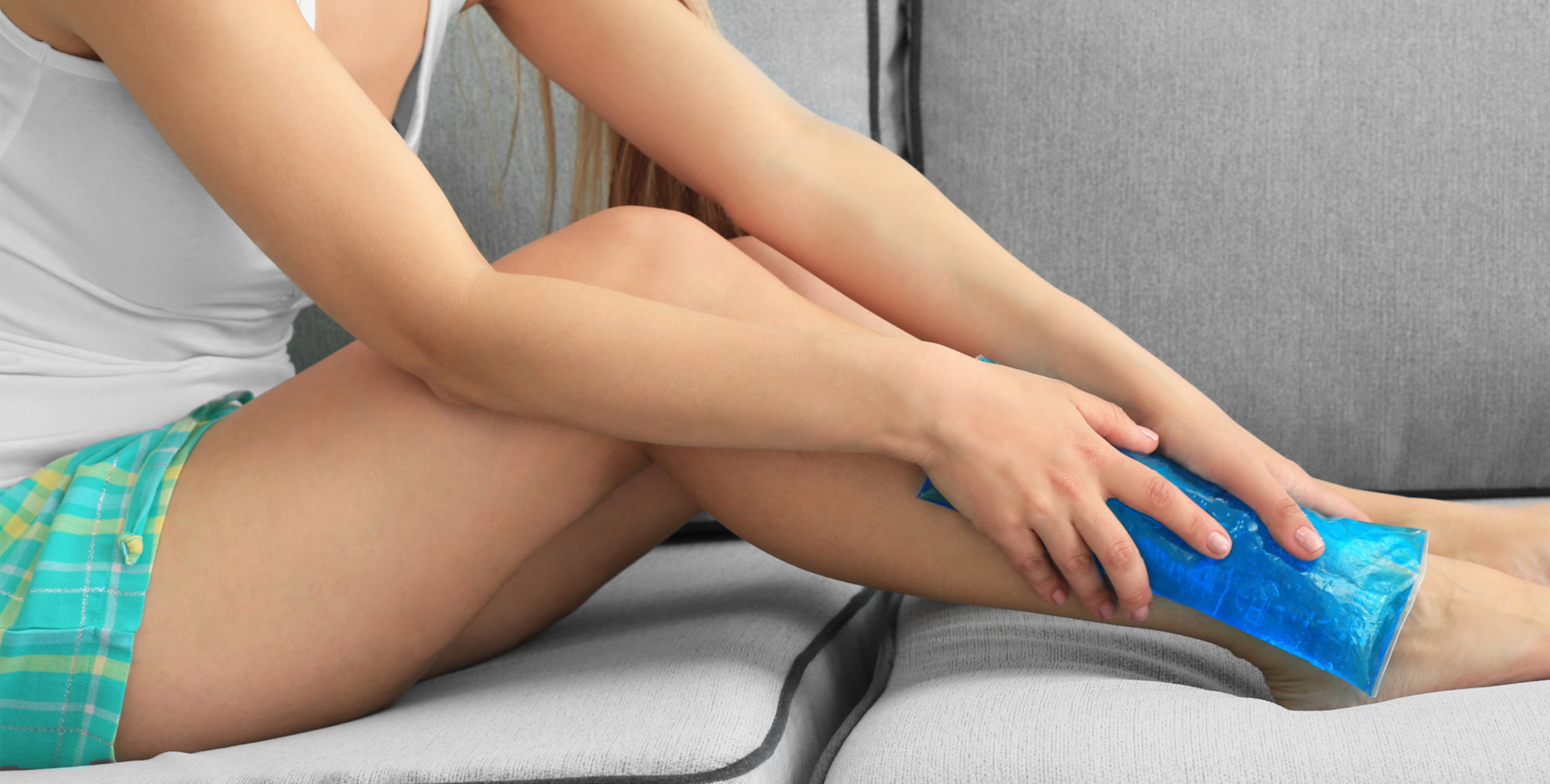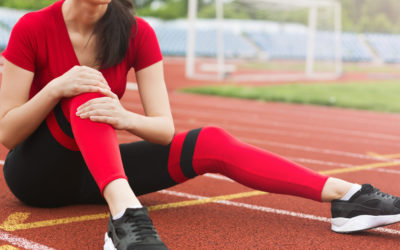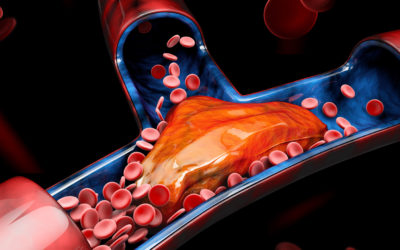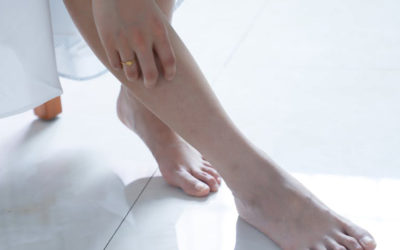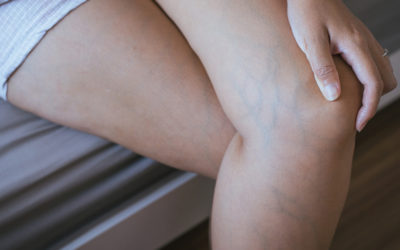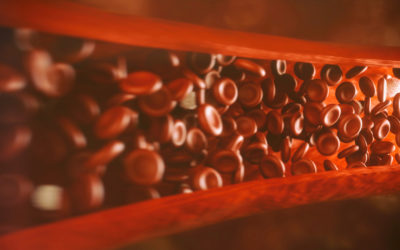Did you know that arthritis and other conditions involving joint pain are the number one cause of disability claims in the United States? With millions of adults suffering from this type of pain, it is important to identify causes, as well as solutions for joint pain.
One of the most common places that sufferers experience joint pain is in the ankle region. If you have ankle swelling, you may be wondering how to fix it.
Here are some causes of ankle swelling, and what you can do to alleviate your discomfort.
1. You are Overweight
When you are overweight, it can put too much pressure on your joints, especially your ankles. This can cause pain, ankle swelling, and fluid retention.
To take the strain off of your ankles, you should consider a weight loss plan if it is feasible. You can also try to exercise more and drink more water throughout the day, which have numerous other health benefits.
2. Pregnancy and Hormone Changes
Especially for women, hormonal changes can be a contributing factor to swelling in the ankles. When women get pregnant, they often suffer from edemas in their ankles and feet. This occurs when fluid is retained in the tissue and causes swelling.
When pregnant, you can help to calm the swelling by resting more and specifically elevating your feet. You should also try to drink plenty of water and reduce your intake of sodium.
3. Not Enough Physical Activity
If you have a desk job or you are sitting in one place all day, you are more susceptible to develop swelling in your ankles. When you do not have physical activity for hours at a time, you are more likely to develop swelling and fluid retention.
Luckily, there are many ways that you can get some exercise during the day, even if it’s during a half-hour lunch break. You can do desk exercises, which are great if you have limited space. You can also install a mini exercise bike underneath your desk or replace your regular chair with an exercise ball.
4. Heart Disease
You may not realize it, but one of the common causes of ankle swelling is heart disease. A heart that does not pump blood well can prevent it from reaching your extremities, like your hands and feet.
To combat heart disease, you should focus on a nutrient-rich diet and getting plenty of exercise. Exercising on a regular basis can also be a huge factor in preventing heart disease.
Fix the Causes of Ankle Swelling
Once you learn the causes of ankle swelling, you can evaluate your issues to find out what may be contributing to your pain. Then, you can get to work and find the best solution for your needs.
Would you like to learn more about taking care of your body? If you want to feel your best, contact us today for more information or to schedule an appointment.

